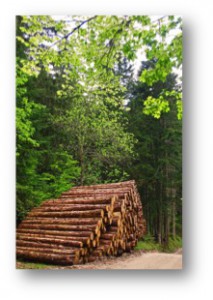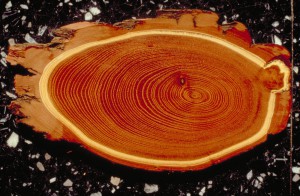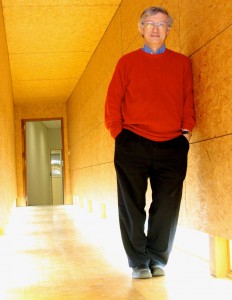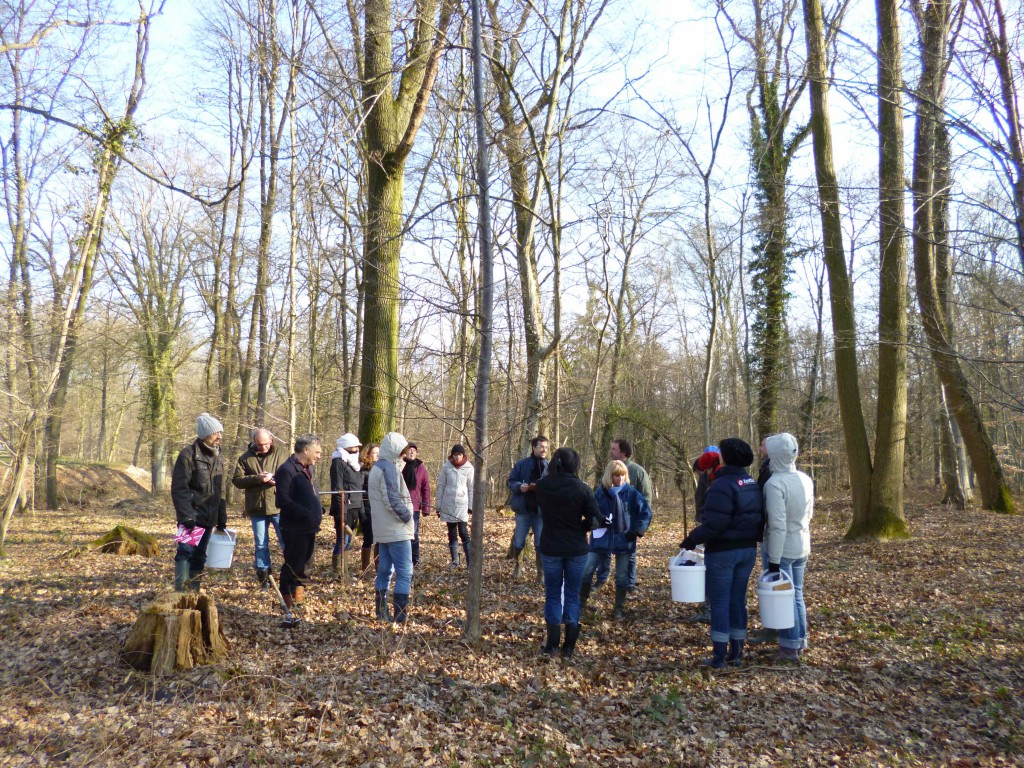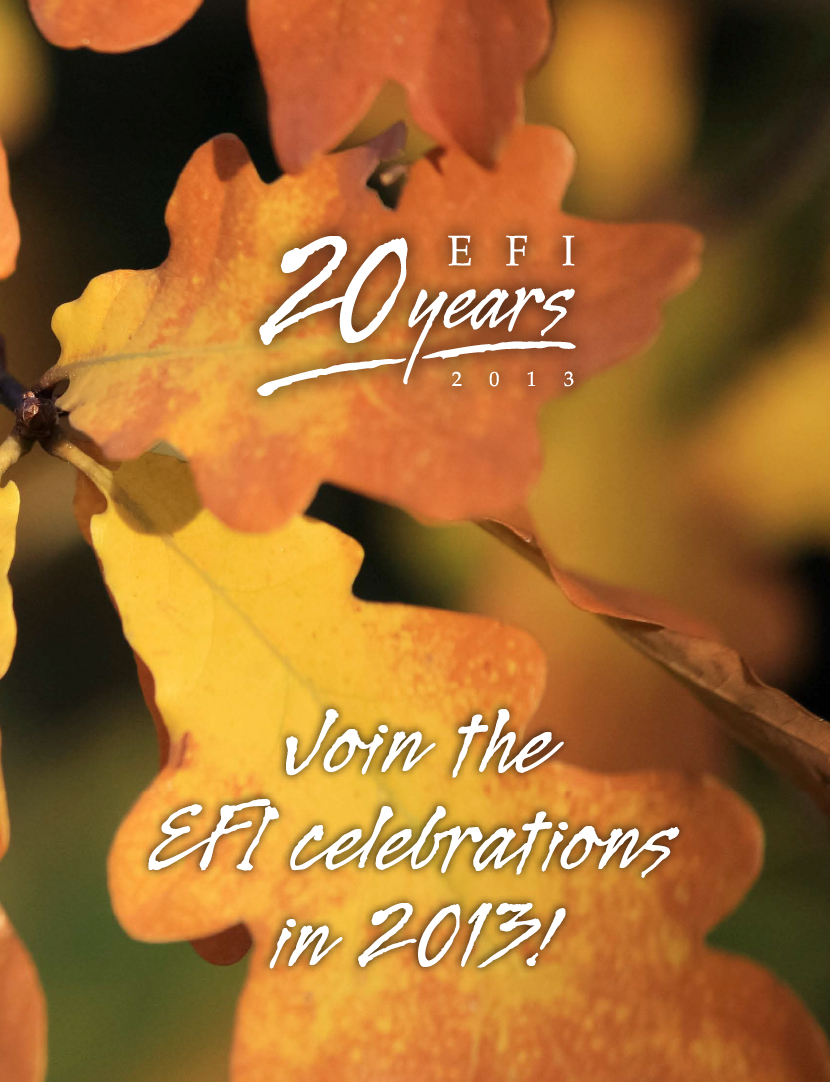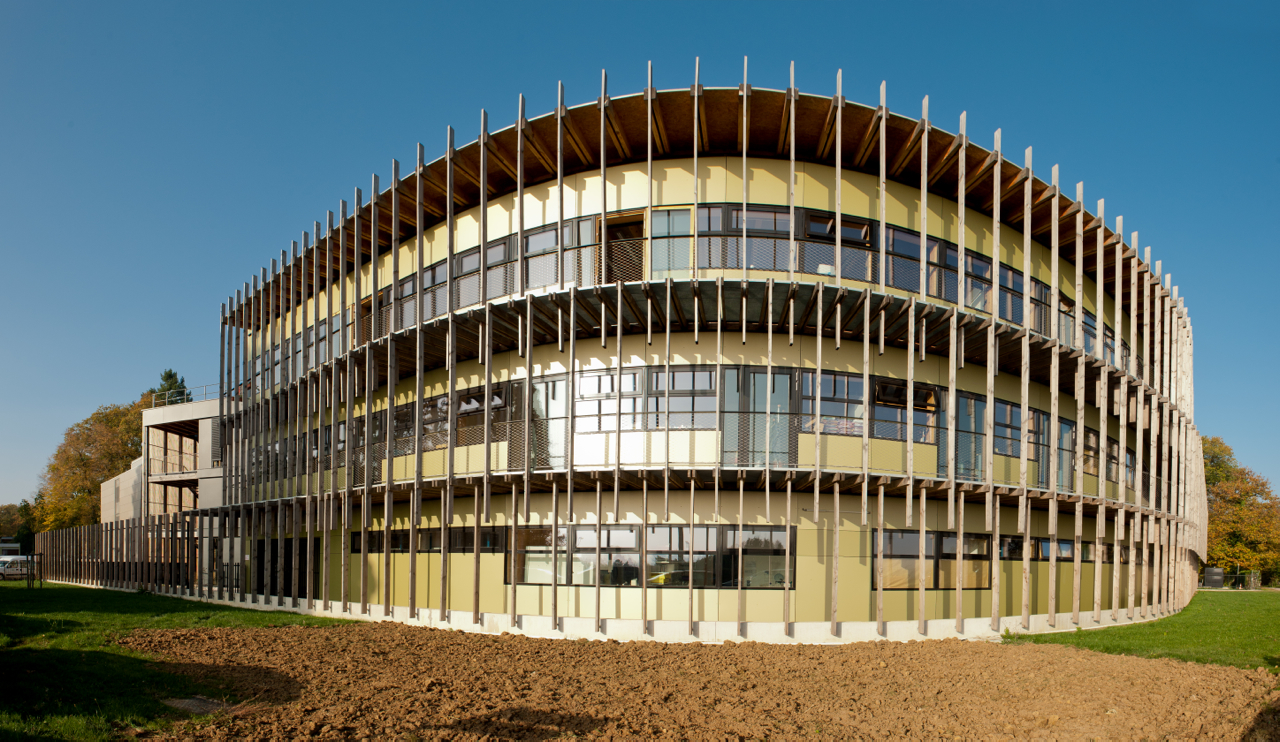Four Inter-Lab Seminars
supported by Labex ARBRE in partnership with the Master FAGE program (University of Lorraine and AgroParis Tech)
8 November 2013
13h30 to 16h30
INRA Nancy centre, Champenoux
_______________________________________________________________
The four seminars will be held in the afternoon, presented successively by :
Jens Abildtrup (INRA Nancy-Lorraine, Laboratoire d’Economie Forestière – LEF) –
“The recreative value of forests : Assessment and policy implications”.
Raphphael Calama (Instituto Nacional de Investigacion y Tecnologia Agraria y Alimentaria INIA, Espagne) – “Research and management of nonwood forest products”.
Rubén Manso (INRA Nancy-Lorraine, Laboratoire d’Etudes des Ressources Forêt-Bois – LEFORB) – “Individual growth and mortality in mixed stands of oak and beech”.
“The recreative value of forests : Assessment and policy implications”.
Mathieu Fortin (AgroParis Tech, Laboratoire d’Etudes des Ressources Forêt-Bois – LEFORB) – “Simulating forest growth from trees to stands”.
________________________________________
Program description – Master FAGE
Masters in Biology, Forest Ecology, Agronomy and Environmental studies (FAGE)(Université de Lorraine – AgroParisTech)
The scientific objective of FAGE is to give students who have already completed beginning studies in biology, chemistry or earth sciences the necessary training in biological concepts specific to the fields of applilcation and mastery of the tools (communication, experimentation, inquiry, interpretation of data) essential for research and management approaches. The goal of the training is also to encourage students to consider societal demands on todays scientific community, with particular emphasis on sustainable development tools.
From the perspective of integrative biology, training is focused on molecular and cellular biology, microbiology, genetics, physiology and ecophysiology. From the perspective of ecological analysis, training will focus on functional tools in ecology, pedology, poplulations ecology, communities and landscapes. And from an analytical perspective aimed at productive systems training will focus on the design, measurement and modeling for performance and sustainability indicators.



